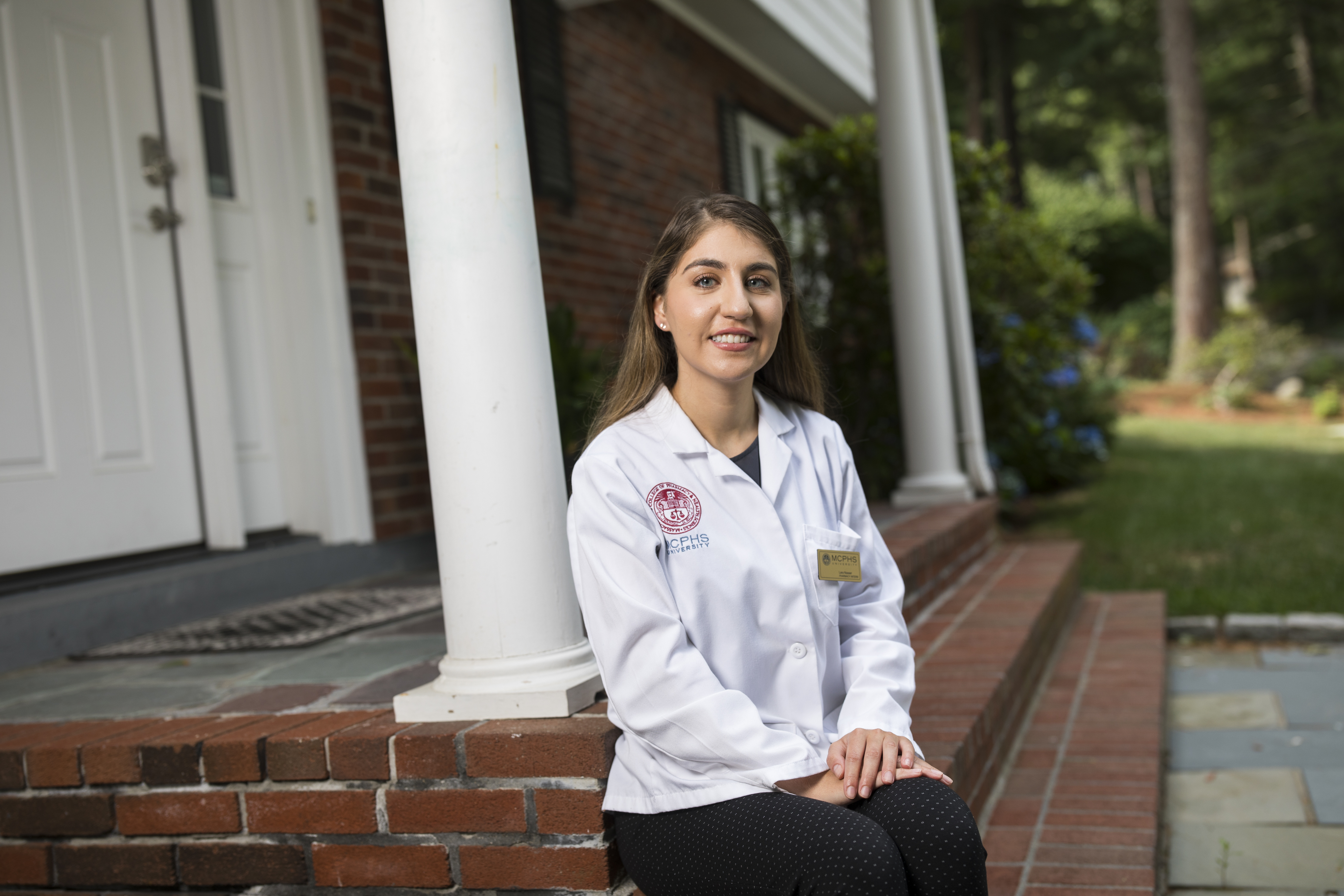Aug 7, 2020
Returning to college, safely
College student Lara Nasser is preparing for a different kind of experience at school this fall, with a combination of in-person and remote classes – and a lot less socializing.
“I know it’s very tempting in the college setting to attend parties and gatherings, but it’s not worth it right now,” said Nasser, who is the fifth year of her doctor of pharmacy program at Massachusetts College of Pharmacy and Health Sciences. “Think of others as you make decisions for yourself.”
Health experts are echoing Nasser as college students across the country prepare to return to school or to take classes remotely, while seeking to minimize their risk of contracting the coronavirus.
Staying healthy on campus
Clinicians are offering recommendations for those whose colleges are offering in-person attendance and who are choosing to attend.
“All of the things we need to practice to mitigate the spread of infection right now, such as good hygiene, hand washing, wearing your mask, social distancing and avoiding confined indoor spaces -- you need to continue doing all of these things if you decide to return to school,” explained Dr. Ashley Yeats, vice president of medical operations at Blue Cross Blue Shield of Massachusetts and former emergency department physician.

Many colleges are requiring students to sign contracts intended to protect the health of the entire community.
“Following this contract is going to be an important part of staying safe at school,” Yeats said.
In addition to following your school’s specific guidelines, Dr. Yeats suggests the following:
- Consult your campus testing guidelines and resources, and be prepared to be asked to take a coronavirus test before returning
- Monitor yourself for symptoms of COVID-19 daily and contact your campus health resources if you are symptomatic
- Get a flu vaccine once available
- Exercise and socialize outdoors
- Social distance
- Wear a mask
- Avoid small, crowded areas
- Avoid touching your face, mouth, eyes and nose
- Wash your hands often
- Cover coughs and sneezes
- Clean and disinfect frequently touched surfaces
- Limit off-campus travel
- Keep track of your activities for contact tracing purposes
- Do not host or attend parties
Perhaps most importantly, Yeats recommends establishing a social contract with people you can trust, such as your roommates and close friends.
“Create a peer group of people that are like-minded and set up rules and boundaries for interacting with others. For example, you can schedule frequent outdoor gatherings with this group to socialize,” Yeats said.
And since it’s unlikely everyone will adhere to their college’s community guidelines, students must hold each other accountable.
“Don’t think that you’re above it,” Nasser said.
I feel like a lot of young adults think COVID has a very low impact rate on them, but it’s not just about you. It’s about your professors, your faculty members, your classmates, and your dorm mates who are at risk or may be immunocompromised.

Staying well while learning at home
Nicole Ferraro, a certified health and wellness coach for Blue Cross Blue Shield of Massachusetts, offers tips for students like Nasser who are largely taking online classes.
Create a routine:
Those learning at home don’t have the usual cues of a start or end to the school day, such as walking to class. Ferraro recommends building these rituals into your daily schedule. “You can start your day by taking a walk around the block and thinking of it as your commute to class, or changing where you’re sitting when you begin your classwork. These things cue your brain that it’s time to learn,” she said.
Set up a workspace:
Students learning remotely are no longer walking around campus, or able to access the school gym. “Whether you take virtual fitness classes, schedule walks in your day, or take time to stretch, incorporate some movement into your day,” Ferraro advises.
Stay active:
Students learning remotely are no longer walking around campus, or able to access the school gym. “Whether you take virtual fitness classes, schedule walks in your day, or take time to stretch, incorporate some movement into your day,” Ferraro advises.
Set goals:
It’s easy to feel hopeless, especially if internships, jobs, or study abroad opportunities have been cancelled. However, it’s still important to set goals. Write down both short-term and long-term goals to stay motivated.
“It’s easy to spiral when you’re stuck at home taking classes,” Nasser said. “You have to keep in the back of your mind that there will be better days ahead.”
Limit unnecessary screen time:
As online classes become the new mode of instruction, students are spending more time on their devices than ever before. Use apps like Instagram, Snapchat, and Tik Tok in moderation, and set time limits to avoid mindless scrolling.
Know when to ask for help: Pay close attention to feelings of social isolation, how much you smoke, and how much alcohol you consume, and reach out for help early from friends, family, or a clinician. These are tough times and most of us could use a little extra support.
Connect with your campus network:
Although you might not be able to see your classmates, professors, and friends in person, prioritize video calls to stay connected. Creating social connections, even virtually, can alleviate feelings of isolation and improve one’s overall health. Why text when you can call or FaceTime?
It’s important to reach out to your friends during this time, especially if you won’t be on campus. I think it’s easy to forget that you’re all going through this together.
- Nasser said.
Did you find this article informative?
All Coverage content can be reprinted for free.
Read more here.
PHOTO OF Dr. ASHLEY YEATS BY MICHAEL GRIMMETT & LARA NASSER BY NICOLAUS CZARNECKI

